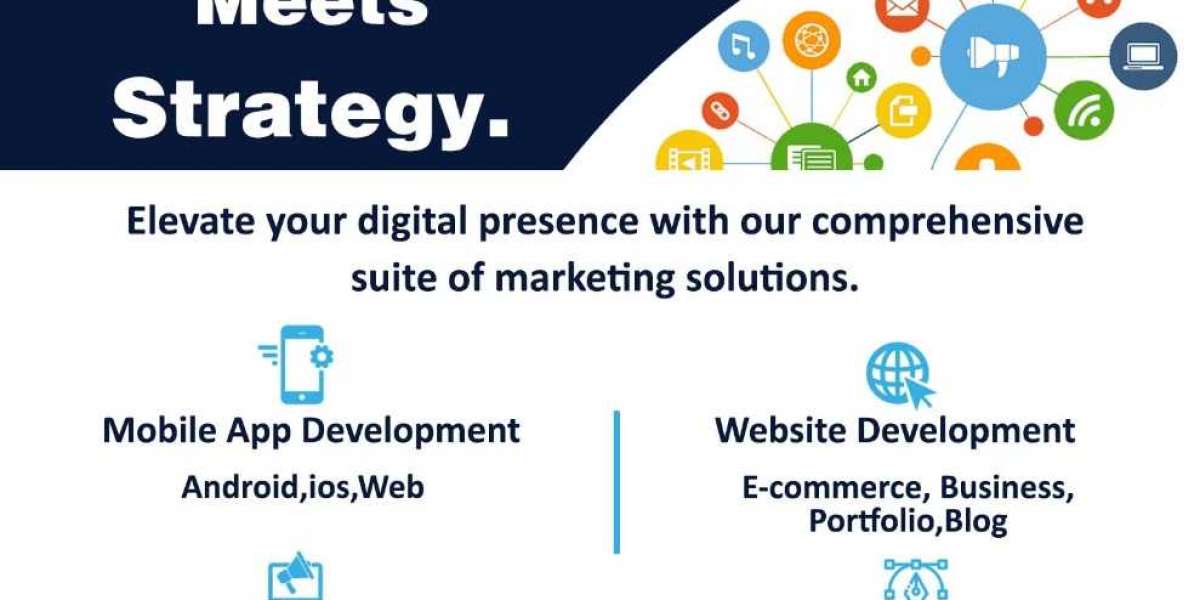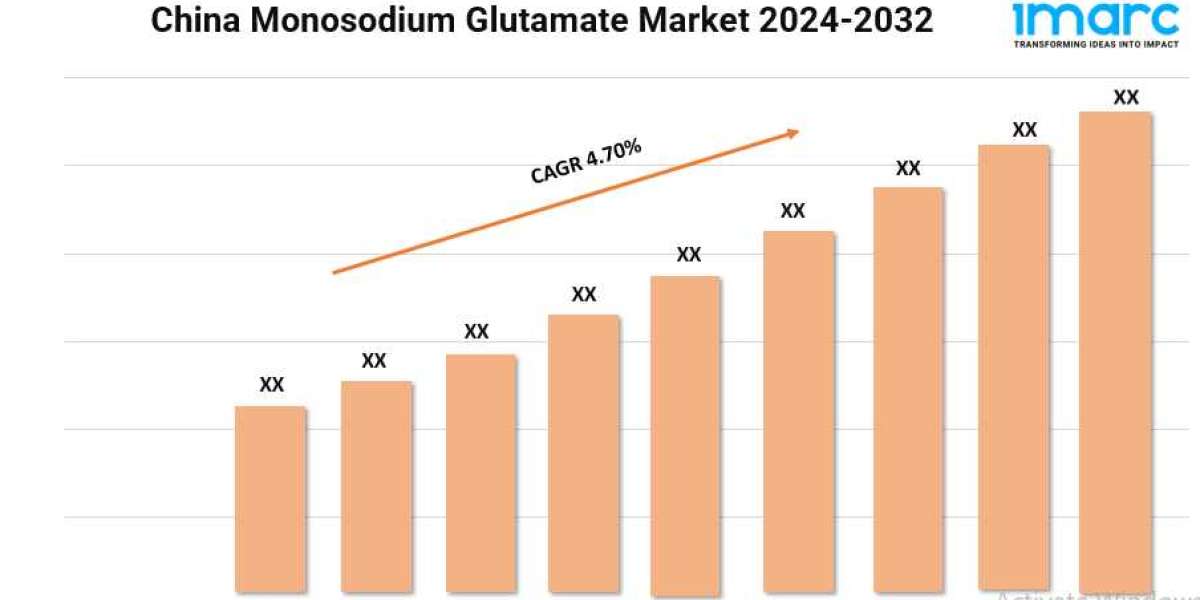Analytics projects are increasingly central to organizational strategies, yet many fail to meet the expectations of CFOs, CIOs, and IT Heads. This blog explores common pitfalls and provides insights based on FMCG Global Company’s analytics journey.
In today’s data-driven world, significant investments in analytics are made to enhance decision-making and gain competitive advantages. However, these investments often fall short, leading to frustration and missed opportunities. This discussion investigates the reasons behind such failures and offers solutions based on FMCG Global Company’s experience.
FMCG Global Company, a prominent player in Techville, embarked on an ambitious analytics project to transform its decision-making processes. The CEO envisioned leveraging analytics to uncover opportunities and streamline operations, but faced several challenges that many organizations encounter.
Poor execution is a major issue, where well-intentioned plans falter during implementation. FMCG Global Company experienced execution problems due to a lack of clear strategy for integrating new tools, resulting in delays and inefficiencies. The solution involved bringing in an experienced project manager skilled in agile methodologies. By breaking the project into manageable sprints and focusing on continuous improvement, they improved execution through clear communication and regular retrospectives.
Inadequate planning is another common pitfall. Many analytics projects suffer from overly optimistic timelines and scattered resource allocation. FMCG Global Company’s initial planning was akin to setting out without a map, leading to confusion and wasted effort. The solution was strategic planning sessions to create a detailed project plan with clear phases, milestones, deliverables, and buffer times. Implementing a project management tool improved resource tracking and alignment with project objectives.
Misaligned customer requirements often lead to dissatisfaction. FMCG Global Company faced mismatches between expectations and deliverables due to working on assumptions rather than concrete requirements. Regular stakeholder meetings and design thinking workshops helped gather feedback and adjust the project scope to better align with user needs, enabling a more tailored final product.
Outdated methodologies can stifle innovation and responsiveness. FMCG Global Company’s use of the waterfall approach led to delays and increased costs. Transitioning to an agile approach promoted flexibility and responsiveness, allowing the team to adapt quickly to changing requirements and deliver incremental value. Agile practices also improved cross-functional collaboration and stakeholder engagement.
Working with imaginary data due to concurrent S/4 Hana transformations can undermine analytics projects. FMCG Global Company adjusted their project timeline to allow the S/4 Hana transformation to stabilize, ensuring that analytics initiatives were grounded in accurate data. This phased approach enabled the delivery of actionable insights that aligned with the organization’s strategic goals.
The absence of advanced analytics tools can hinder effectiveness. FMCG Global Company realized they were missing out on technologies like AI and machine learning, limiting their ability to provide real-time insights. Investing in cutting-edge analytics platforms with AI and machine learning capabilities, as well as prompt-based reporting, empowered the company to make data-driven decisions more efficiently.
A one-size-fits-all approach often results in suboptimal outcomes. FMCG Global Company initially used generic analytics solutions, leading to inadequate results. Recognizing the need for tailored solutions, the company worked with industry experts to develop customized frameworks that addressed specific data needs and regulatory requirements, ensuring relevance and effectiveness.
Tool overload can lead to confusion and suboptimal selection. FMCG Global Company struggled with choosing between multiple analytics tools. A thorough evaluation process, including pilot projects, helped assess each tool’s capabilities and compatibility with existing systems. This approach ensured the selection of the right tools, maximizing return on investment and minimizing risk.
To avoid these pitfalls, organizations should embrace modern methodologies, align closely with stakeholder needs, leverage advanced technology, tailor solutions to specific requirements, and carefully select tools. Learning from FMCG Global Company’s journey provides valuable insights into navigating the complexities of analytics projects and achieving the transformative results that executives aspire to.














